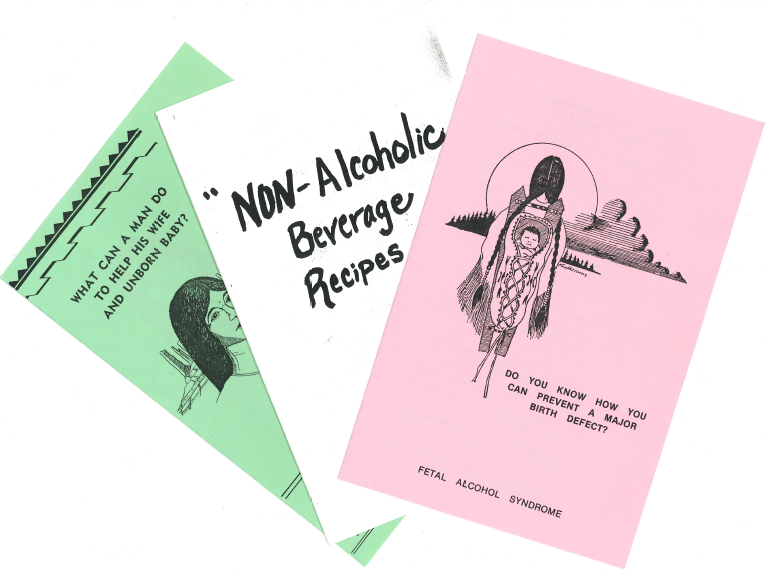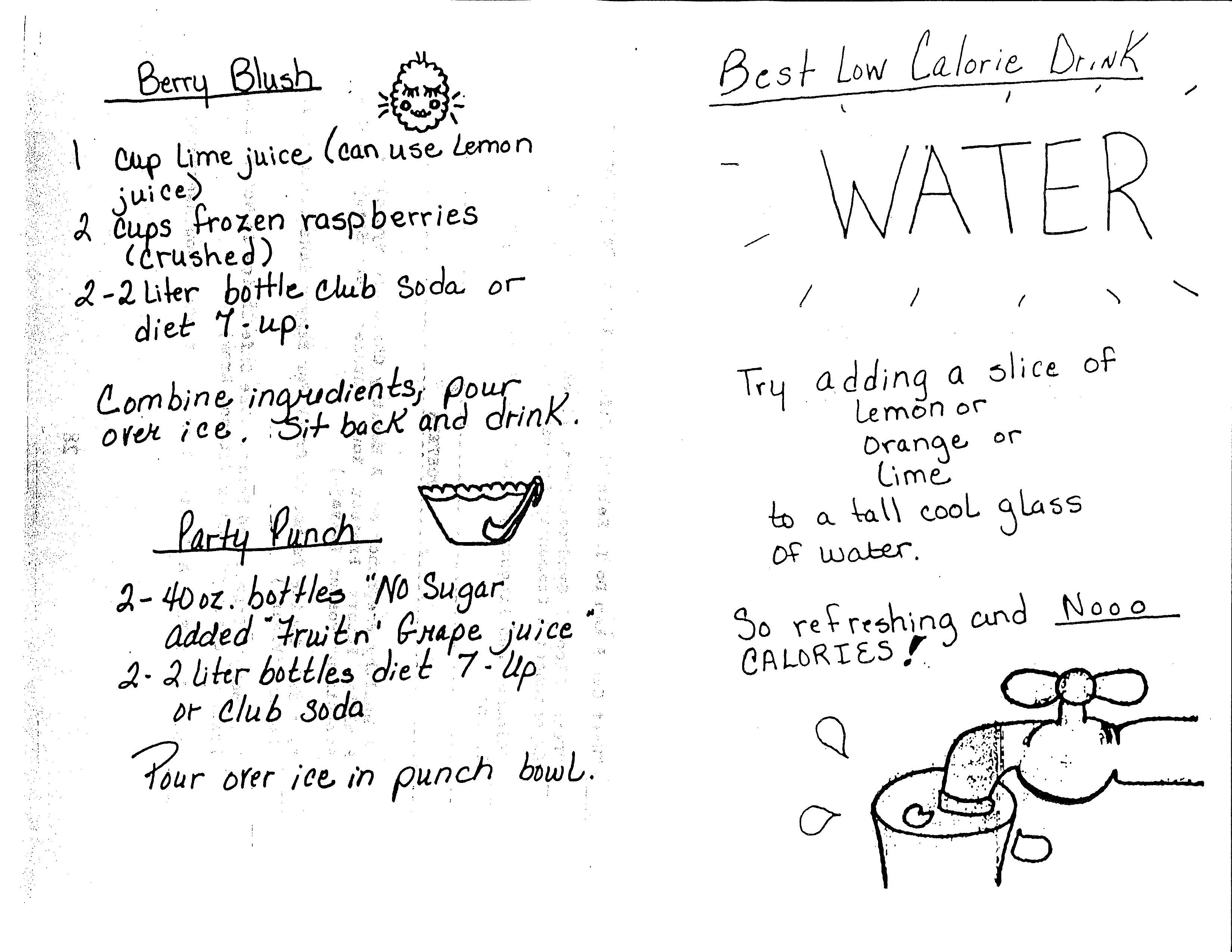Center staff are currently processing the papers of David Dickinson Potter (1930-2019), who was a founding faculty member in the Department of Neurobiology at Harvard Medical School and co-founder of the Native American High School Summer Program (now named in honor of Potter and his colleague as the Ed Furshpan and David Potter Native American High School Program). The program began as a collaboration between Harvard Medical School and students, teachers, and community members from Native American homelands, and remains a collaborative program today. Potter hosted groups of Hopi, Lakota, Sioux, Wampanoag, Native Hawaiians, and other Native Americans at Harvard each summer, and he worked with the teachers to develop educational curricula that carefully considered the social factors influencing teenagers who lived on Native homelands.

The programs often focused on health issues that impacted the students’ communities, such as addiction and fetal alcohol syndrome. Potter’s voluminous files of articles on the effects of alcohol and drugs on the brain attest to his research on neurobiology’s relevance to Native American health. His collection also includes posters, brochures, a word search, a bumper sticker, handwritten notes, and other educational materials about fetal alcohol syndrome from the 1990s.

This hand-drawn booklet of “Non-Alcoholic Beverage Recipes” was distributed by the Nutrition and Dietetics Training Program in Santa Fe, New Mexico. The booklet contains recipes for non-alcoholic cocktails, such as “Honey Nog” and “Party Punch.” The recipe collection, informational pamphlets, and bumper sticker, are examples of public health outreach materials aimed at educating Native American communities (or the general population), about the effects of alcohol, particularly on developing fetuses. Most items in Potter’s collection were produced by federal or non-profit organizations, but some items were created by Native American organizations. It was Potter’s close work with Native teachers that led to the creation of in-depth high school education resources that combined neurobiology with the students’ own experiences.

In addition to academic work related to neurobiology and health topics, the Native American High School Summer Programs typically included local outings in Boston, and visits to Potter’s homes in Cambridge, Massachusetts for blueberry pancakes and Woods Hole, Massachusetts for fishing. Potter mentored many students from the program long after their visits to Harvard, supporting them as they pursued higher education. The finding aid for the Potter collection is forthcoming. Some materials may be restricted. Please contact Public Services staff with any questions.
This news post was originally published on the Center for the History of Medicine’s Wordpress site.